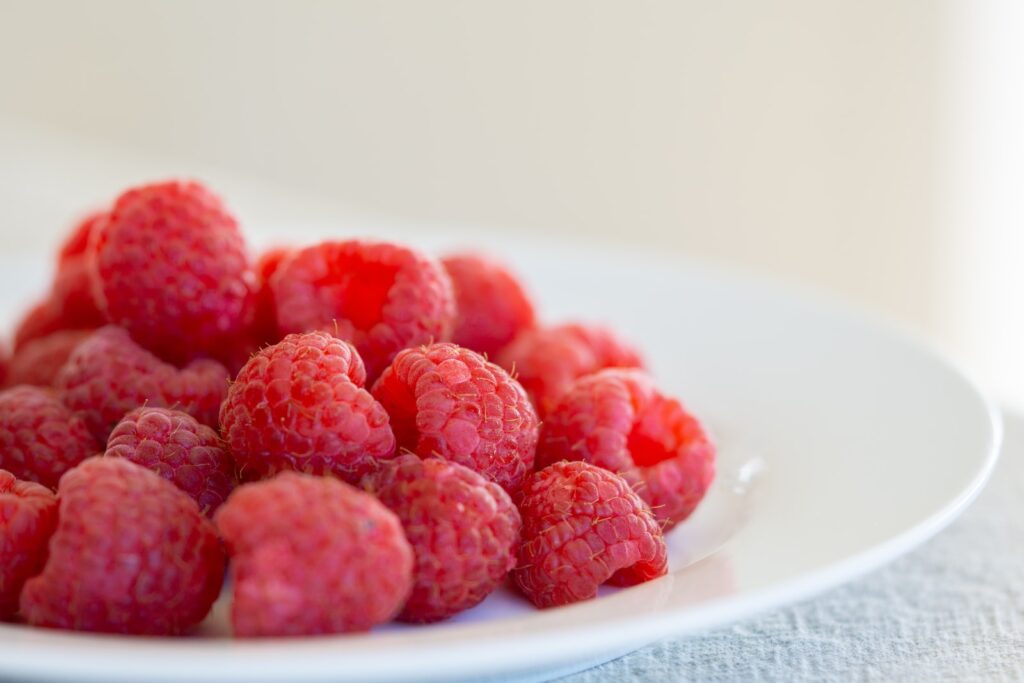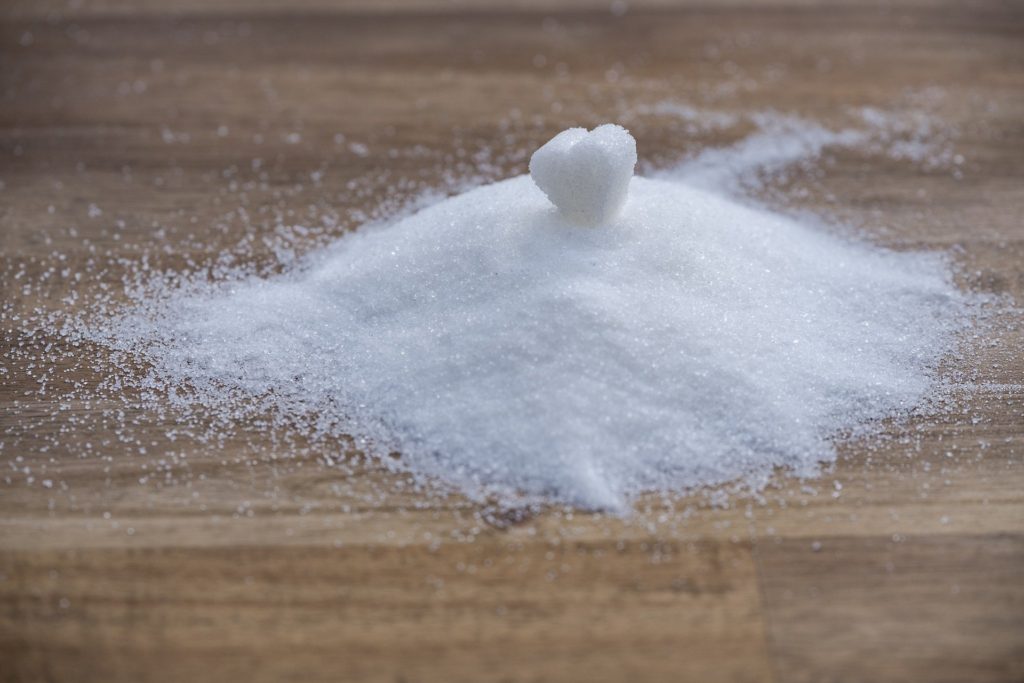You may have heard of the keto diet, a low-carb, high-fat diet that has gained popularity over the years for its benefits.
In ketosis, your body can start to use its own fat for energy instead of carbohydrates.
It has gained popularity in recent years, with many celebrities and public figures touting its benefits while staying on it themselves.
However, some have spoken against it as they say it stunts growth in teens and teenagers.
Let’s explore what they are talking about and whether this is true or not.
What is the Ketogenic Diet?
The ketogenic diet is an eating plan that forces the body to use fat for energy instead of glucose. It is based on the fact that fatty foods spike insulin, the fat-storage hormone, much less than carbohydrates.
Individuals who follow the ketogenic diet consume high amounts of healthy fats, moderate amounts of protein, and very few carbs to reach ketosis.
How Does the Ketogenic Diet Work?
The ketogenic diet works by lowering insulin, so your body can start to use its own fat for fuel. This leads to improvements in weight loss, inflammation, digestive health, and energy.
When you consume fewer carbs, the body breaks down its own fats into ketones, which then replace carbs as the main fuel source.
But, when you consume more glucose, aka carbs, the excess glucose is converted to fat by the liver if it isn’t used immediately.
Does Keto Stunt Growth in Teens?
No, keto doesn’t stunt growth in teens. The reasoning behind the claim that keto may stunt growth is that if you don’t eat carbs, you may cause a nutritional deficiency. However, on keto, if you consume around 6 cups of vegetables per day, you’ll solve any possible nutritional deficiencies.
In fact, keto may increase growth because it indirectly contains more protein.
As already mentioned, the keto diet is extremely low in carbs.
And when you consume more fats, the liver converts dietary & body fats into ketones, which are then used for energy.
There are no studies showing any negative effects of the keto diet on growth in teenagers.
On the contrary, research has found that keto diets may help with weight loss and even treat certain health conditions such as epilepsy and Alzheimer’s.
Tips to Grow on Keto
The most important thing to grow on keto is eating enough protein, around 0.6 grams of protein per pound of bodyweight, per day. Also, make sure to get enough sleep, and have keto-friendly foods available.
- Consume Enough Protein — The biggest factor for growth is the amount of protein you eat. That’s why it’s important to eat at least 0.6 grams of protein per pound of body weight per day to make sure you or your teen can grow to your maximum potential.
- Have Keto-Friendly Foods Available — If you or your teen are following a keto diet, it is important to stock your pantry with keto-friendly items. This will not only help you or your teen stick to keto, it will also allow you or your teen to be able to eat food whenever they need to.
- Make Keto-Friendly Recipes — Once again, having more keto-friendly foods in the house will encourage you or your teen to eat when they’re hungry. There are a lot of creative ways to incorporate keto foods into your meals. You can try making a keto smoothie, a keto pizza, or a keto sandwich.
- Get Enough Sleep — Another important tip is to get enough sleep. Sleep is not only essential for growth, but it also helps you process food better.
Summary
Keto is a low-carb, high-fat diet.
The diet forces the body to start using fat for energy, which is why it is often called the “fat-burning diet.”
However, there are myths about the keto diet slowing down growth in teenagers.
In reality, there are no negative effects of the diet on growth, and it may even help with growth, weight loss, and certain health conditions.
There are a lot of advantages of following a keto diet, so make sure to stock up on keto-friendly items in your pantry and track your carbs so that you can reap these benefits.
If you’re interested in starting the keto diet, here’s an article detailing the benefits of keto & how to get started.
- Can You Still Lose Weight If You Aren’t in Ketosis? - February 8, 2023
- Can the Keto Diet Help With Depression? - February 8, 2023
- Why Does Processed Food Make You Fat? - January 2, 2023




